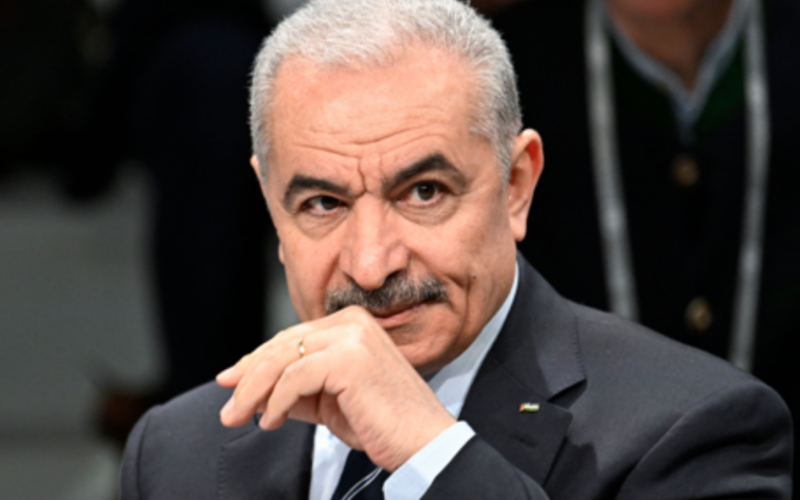In a significant development within the Palestinian political landscape, Prime Minister Mohammad Shtayyeh announced his resignation during a press conference on Monday, revealing that he had formally submitted his resignation to President Mahmoud Abbas.
The decision marks a pivotal moment in Palestinian politics, as Shtayyeh relinquishes his position as the head of the Palestinian Authority’s government. While the exact reasons behind his resignation were not immediately disclosed, the move has sparked speculation and drawn attention to potential shifts within the Palestinian leadership.
During the press conference, Shtayyeh affirmed his commitment to the Palestinian cause and expressed gratitude for the opportunity to serve as prime minister. He thanked President Abbas for his leadership and support during his tenure, emphasizing his dedication to advancing the interests and aspirations of the Palestinian people.
Shtayyeh’s resignation comes at a critical juncture, with the Palestinian territories facing a myriad of challenges, including ongoing conflict with Israel, economic hardships, and internal political divisions. The decision to step down underscores the complexities and pressures inherent in governing a region marked by persistent instability and uncertainty.
As the Palestinian Authority grapples with the ramifications of Shtayyeh’s resignation, attention now turns to the process of selecting a new prime minister. President Abbas will play a pivotal role in appointing Shtayyeh’s successor, a decision that will have far-reaching implications for the future direction of Palestinian governance.
The resignation of Prime Minister Shtayyeh is likely to prompt discussions and deliberations within Palestinian political circles, as various factions and stakeholders weigh in on the selection of a new leader. The appointment of a new prime minister will be closely scrutinized both domestically and internationally, with implications for Palestinian-Israeli relations and broader regional dynamics.
In the midst of these developments, the Palestinian people remain steadfast in their pursuit of self-determination and statehood. Shtayyeh’s resignation serves as a reminder of the ongoing challenges facing the Palestinian leadership and the need for unity and resilience in the face of adversity.
As the Palestinian Authority navigates this transition period, there is hope that the appointment of a new prime minister will usher in a renewed sense of purpose and determination in advancing the Palestinian cause. In the meantime, the resignation of Prime Minister Shtayyeh marks a significant moment in Palestinian political history, with implications that will reverberate across the region for years to come.








